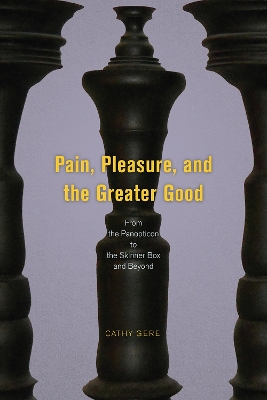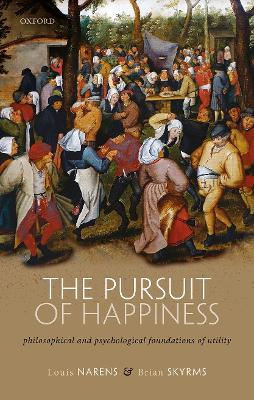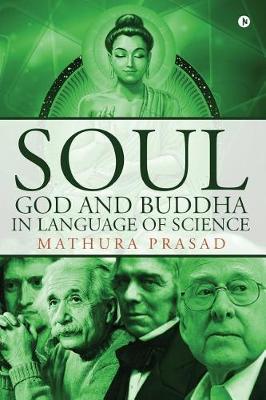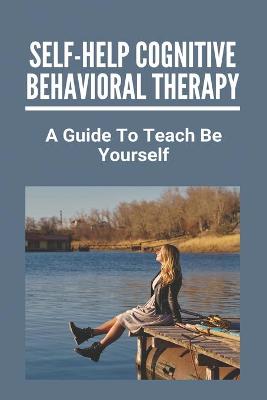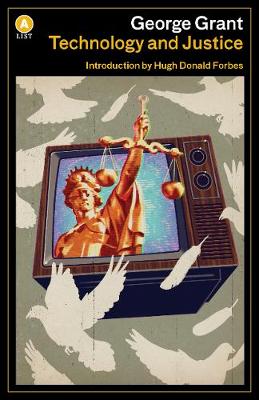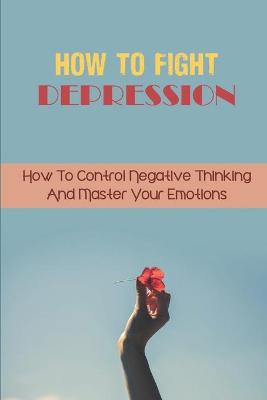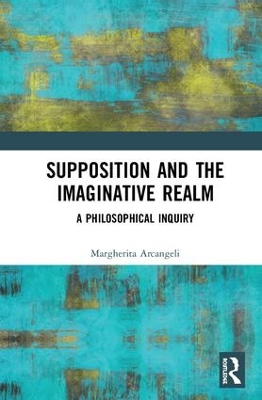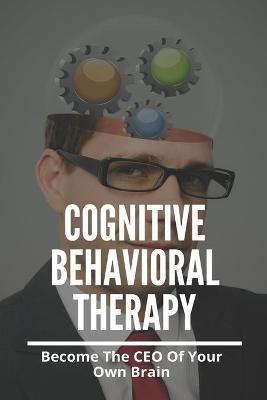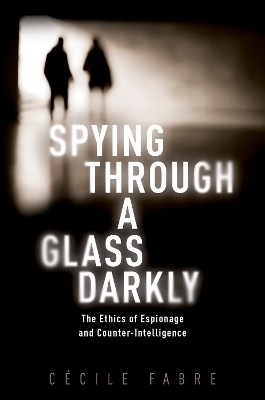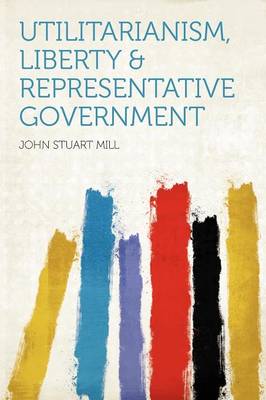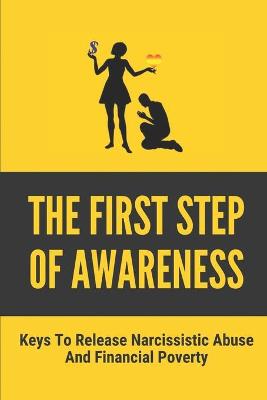The Amazing World of Sassy Mermaids (Humorous Coloring Books by Karma Guru, #1)
by Coloring Tiger and Karma Guru
Utilitarianism (Barnes & Noble Library of Essential Reading)
by John Stuart Mill
John Stuart Mill's "Utilitarianism", which first appeared in three installments of "Fraser's Magazine" in 1861, was intended as a defense of the notorious doctrine identified with the liberal reformer Jeremy Bentham (1748-1832) and with the author's father, James Mill (1773-1836). The defense was successful. While 'the principle of utility, or as Bentham has latterly called it, the greatest happiness principle', may have scandalised Victorian England, Mill's "Utilitarianism" became one of the de...
The author identifies and defines the features of traditional utilitarian theories which account for their appeal, demonstrates that no theory which is exclusively act-oriented can have all the properties that ultilitarians have attempted to build into their theories, and develops a new theory co-operative utilitarianism,
How should we weigh the costs and benefits of scientific research on humans? Is it right that a small group of people should suffer in order that a larger number can live better, healthier lives? Or is an individual truly sovereign, unable to be plotted as part of such a calculation? These are questions that have bedeviled scientists, doctors, and ethicists for decades, and in Pain, Pleasure, and the Greater Good, Cathy Gere presents the gripping story of how we have addressed them over time. To...
Utilitarianism began as a movement for social reform that changed the world, based on the ideal of maximizing pleasure and minimizing pain. There is a tendency to enter into debates for and against the ethical doctrine of Utilitarianism without a clear understanding of its basic concepts. The Pursuit of Happiness now offers a rigorous account of the foundations of Utilitarianism, and vividly sets out possible ways forward for its future development. To understand Utilitarianism, we must unders...
Originally published in 1986, the six essays that comprise Technology and Justice offer absorbing reflections on the extent to which technology has shaped the way we live now. George Grant, one of Canada's most influential philosophers, explores the fate of traditional values in modern education, social behaviour, and religion, and offers his insights into some of the most contentious ethical deliberations of the past half-century. In essays ranging in content from classical philosophy to the m...
Utilitarianism a The Philosophy of the Greatest Happiness Principle
by John Stuart Mill
Supposition is frequently invoked in many fields within philosophy, including aesthetics, philosophy of mind, philosophy of science and epistemology. However, there is a striking lack of consensus about the nature of supposition. What is supposition? Is supposition a sui generis type of mental state or is it reducible to some other type of mental state? These are the main questions Margherita Arcangeli explores in this book. She examines the characteristic features of supposition, along the dim...
Spying Through a Glass Darkly (New Topics in Applied Philosophy)
by Cecile Fabre
Cecile Fabre draws back the curtain on the ethics of espionage and counterintelligence. Espionage and counter-intelligence activities, both real and imagined, weave a complex and alluring story. Yet there is hardly any serious philosophical work on the subject. Cecile Fabre presents a systematic account of the ethics of espionage and counterintelligence. She argues that such operations, in the context of war and foreign policy, are morally justified as a means, but only as a means, to protect o...
Utilitarianism, Liberty & Representative Government
by John Stuart Mill
Thinking Through Utilitarianism
by Andrew T. Forcehimes and Luke Semrau
Thinking Through Utilitarianism: A Guide to Contemporary Arguments offers something new among texts elucidating the ethical theory known as Utilitarianism. Intended primarily for students ready to dig deeper into moral philosophy, it examines, in a dialectical and reader-friendly manner, a set of normative principles and a set of evaluative principles leading to what is perhaps the most defensible version of Utilitarianism. With the aim of laying its weaknesses bare, each principle is serially i...
Utilitarianism, belaboured by repeated counterexamples, has fallen out of favour as an ethical theory. In Utilitarianism: Restorations; Repairs; Renovations, noted Canadian philosopher David Braybrooke revisits Jeremy Bentham's master idea that statistical evidence should determine social policies, and - perhaps surprisingly, given Braybooke's recent championship of natural law - dispels the discredit that standard versions of utilitarianism have invited. On the issue between rule-utilitarianis...




